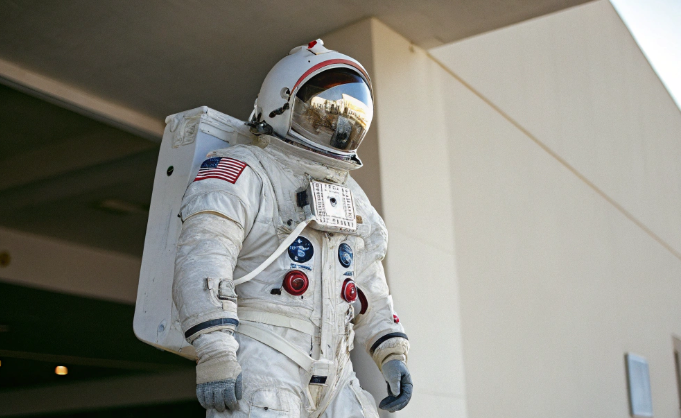What Do Astronauts Go Through After Long Space Missions?

© Recraft
Space travel is an incredible adventure, but spending extended periods in space can have significant effects on the human body and therefore astronauts as well.
NASA astronauts Sunita ‘Suni’ Williams and Barry ‘Butch’ Wilmore recently returned to Earth after a nine-month mission aboard the International Space Station (ISS). These are some of the health challenges they might encounter as they readjust to life on Earth.
The Challenges Astronauts Face After Long Space Missions
The 8 main challenges every astronaut goes through after a long space mission are:
1. Brain and Balance Issues
In the microgravity environment of space, our brains receive different signals compared to Earth’s gravity. This can lead to space motion sickness and a temporary loss of direction sense when astronauts first arrive in space. After adapting to microgravity, returning to Earth’s gravity requires the brain to readjust once again. This readjustment can affect balance and movement, and it may take weeks or even months for astronauts to fully recover their sense of balance and coordination.
2. Bone Density Loss
Bones stay strong through regular use and the pressure exerted by gravity. In space, the lack of gravity means bones don’t bear weight as they do on Earth, leading to a decrease in bone density. Astronauts can lose about 1-2% of their bone density for each month spent in space, making bones more fragile and increasing the risk of fractures. This bone loss is most pronounced in areas like the spine and pelvis.

3. Muscle Weakness
Without gravity, muscles don’t have to work as hard, leading to muscle atrophy or weakening. Even with regular exercise routines aboard the ISS, astronauts can experience muscle loss. Upon returning to Earth, they may feel weak and require physical therapy to regain their muscle strength and endurance.
4. Vision Changes
Fluid shifts in the body due to microgravity can cause pressure changes in the head, potentially leading to vision problems. Some astronauts experience flattened eyeballs and swelling of the optic nerve, resulting in blurred vision. These changes can persist for some time after returning to Earth.
5. Radiation Exposure
Space travelers are exposed to higher levels of cosmic radiation than people on Earth. This increased exposure can elevate the risk of creating cancer and other health issues over time. The longer the mission, the greater the exposure and potential risk.
6. Heart Health
The heart, like other muscles, can weaken in space due to reduced workload in microgravity. This weakening can lead to lowered cardiac output and endurance. Astronauts may need cardiovascular rehabilitation to help their hearts readjust to Earth’s gravity and maintain proper function.
7. Sleep Disturbances
The ISS orbits Earth around every 90 minutes, causing astronauts to experience multiple sunrises and sunsets each day. This rapid light-dark cycle can disrupt natural sleep patterns, leading to sleep disturbances. Lack of quality sleep can affect mood, cognitive function, and overall health.
8. Psychological Effects
Living in confined spaces, being away from family, and the monotony of daily routines can impact mental health. Astronauts may experience feelings of isolation, stress, or mood changes. It’s essential to monitor and support their psychological well-being during and after missions.

Rehabilitation and Recovery
After returning from long-duration space missions, astronauts undergo extensive rehabilitation programs. These programs include physical therapy to rebuild muscle strength and bone density, balance training to readjust to Earth’s gravity, and medical monitoring to address any health issues that arise. The recovery process can take several weeks or months, depending on the individual and the duration of their mission.
Space exploration presents unique challenges to the human body. As we continue to explore the cosmos, ensuring the health and well-being of astronauts like Suni Williams and Butch Wilmore remains a top priority.
You might also want to read: A Long-Lost Tomato Was Found in Space After 8 Months


